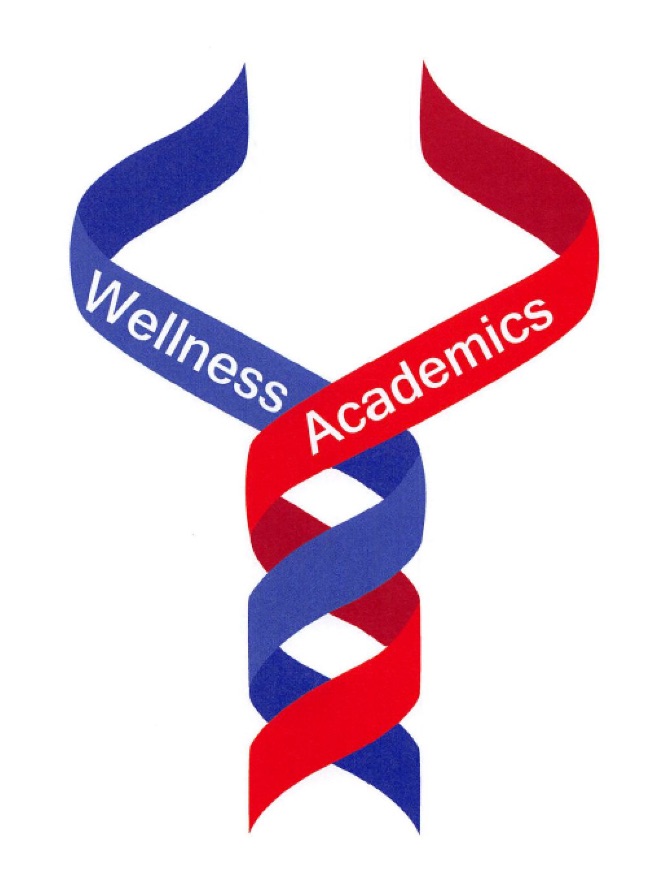Wellness in the Scarsdale Schools
- Wednesday, 27 September 2017 18:09
- Last Updated: Wednesday, 27 September 2017 18:17
- Published: Wednesday, 27 September 2017 18:09
- Joanne Wallenstein
- Hits: 7435
 How does the Scarsdale School system define wellness ... and seek to improve well-being for children in all grades? What does wellness mean for those who have just begun kindergarten to those applying for college -- and everyone in between?
How does the Scarsdale School system define wellness ... and seek to improve well-being for children in all grades? What does wellness mean for those who have just begun kindergarten to those applying for college -- and everyone in between?
The district has made wellness a priority since 2014 and has now implemented a far-reaching approach to improve well-being for students at all levels. Introducing a report on wellness at the September 25 meeting of the Board of Education, Assistant Superintendent for Curriculum Lynne Shain called this initiative one of the districts most successful as it embraces a shared sense of need and shared values.
She said, "The business of America is business and the business of Scarsdale is high academic expectations which is linked to high academic achievement." Starting in 2014 the district embarked on an initiative to improve student wellness, which has been found to actually improve engagement in learning and ultimately performance.
At the time, the district chose wellness as their focus for their work with the Tri-State Consortium and put forth an agenda to define wellness, assess student wellness, research and learn, communicate and put techniques and programs into practice. The presentation at the board meeting demonstrated the many moving pieces to this initiative and steps already in place to impact students.
Shain defined three elements of wellness including:
Body: (Physical wellness)
Mind (Positive psychology, mindfulness, grit)
Spirit (Thriving and flourishing children and students)
She then introduced district personnel who reported on the role they played in the process:
Director of Technology Jerry Crisci explained how the Center for Innovation has played a key role in making change happen across the district, planning site visits, inviting speakers on innovation and wellness and providing project grants to teachers for redesigning the curriculum. One of the original grants from the Center for Innovation was for work on health, nutrition and wellness that became the foundation for the district's thinking of student wellness.
SHS Principal Ken Bonamo explained that stress has been a key topic of discussion for years and that in 2014-15 the high school began work with a group called Challenge Success and Stanford University to collect data on student stress and assess stress levels here in comparison to peer schools.
While the results shows that students felt a high degree of connection with the faculty it also showed that the average homework load of three hours per night exceeded peer schools average of two hours, and that students in Scarsdale experienced lack of sleep, headaches and stomach problems at higher rates than students at peer schools.
Rather than being engaged in learning for the sake of learning, they were "doing school" to get the grades and get finished.
The faculty invited Vicki Abeles, author of Beyond Measure to discuss her work and belief that reducing homework loads and increasing time for rest actually increases student engagement and learning. Dr. Stuart Slavin, Associate Dean for Curriculum at St. Louis University School of Medicine was also invited to speak to the faculty and presented his findings that showed that reducing the curriculum, allowing students to take courses pass/fail and giving students back their free time resulted in improved national board scores.
These speakers inspired the SHS faculty to revise curricula and assessments to attempt to reduce the homework load to two hours per night. In addition, a new policy was implemented to prevent any tests from being given during the first two days back from vacation. Teachers are also experimenting with giving students their homework assignments during the last few minutes of class to assess how long it takes to complete and to see if students are more efficient at homework in school, than at home where they are "tethered to electronic devices."
Bonamo said that the faculty will continue to assess the homework load, examine homework for varying courses and explore the role of technology on student's concentration.
At the middle school, the focus has been on raising awareness about using positive psychology to improve student well-being. School Psychologist, Dr. Elliot Cohen explained that these characteristics have been found to increase student well-being and in turn academic performance.
- Positive emotions
- Engagement
- Relationships
- Meaning and Purpose
- Accomplishment
In fact, he said that well-being leads to both short and long term academic achievement. Research has found that well-being increases life satisfaction, combats and buffers depression and that happy children are better learners.
In order to share these values, the school has hosted presentations to the faculty to increase mindfulness, character strength and resilience, purchased the book "Mindset The New Psychology of Success" by Carol Dweck for each faculty member and offered summer program grants for curriculum to increase wellness. Through STI courses, collaborative conversations and meetings, the staff at SMS continues to examine the role of wellness in student development and foster a school culture that teaches positive psychology to students.
At the elementary schools, each school is examining how they will improve student wellness. Some schools are surveying students and faculty, others are engaging in programs to increase empathy and community and yoga and meditation is being introduced to center and calm young children.
According to Edgewood Principal Scott Houseknecht, wellness is a focus at the elementary schools and they are now comparing practices and gathering feedback to influence future initiatives. Each school has a committee dedicated to wellness and will continue to explore how best to incorporate student well-being into practice.
 Lynne Shain concluded the presentation and said that Dr. Robert Brooks, author of, "The Power of Mindsets: Nurturing Motivation and Resilience in Students," received a standing ovation when he was invited to address the entire faculty on Superintendent's Day in March. He argues that happiness precedes success, instead of the idea that happiness is the outcome of success.
Lynne Shain concluded the presentation and said that Dr. Robert Brooks, author of, "The Power of Mindsets: Nurturing Motivation and Resilience in Students," received a standing ovation when he was invited to address the entire faculty on Superintendent's Day in March. He argues that happiness precedes success, instead of the idea that happiness is the outcome of success.
She explained that following the review of Scarsdale's wellness initiative, the Tri-State Consortium invited representatives from Scarsdale to address superintendents at their meeting, and to date a record 29 superintendents have signed up to hear their presentation this Friday, September 29.
Shain invited everyone at the Board meeting to demonstrate the new thinking by standing up for a much-needed stretch following two hours in their chairs.
Read the Tri-State Consortium report here:
Watch the board presentation here:






